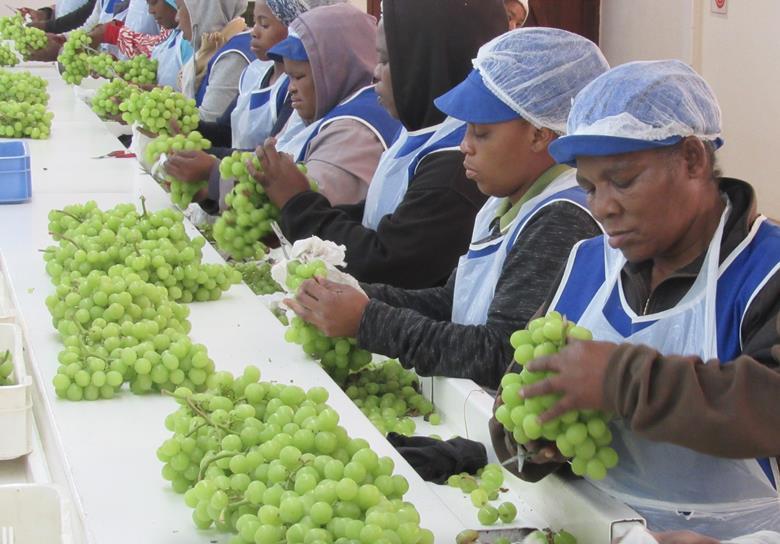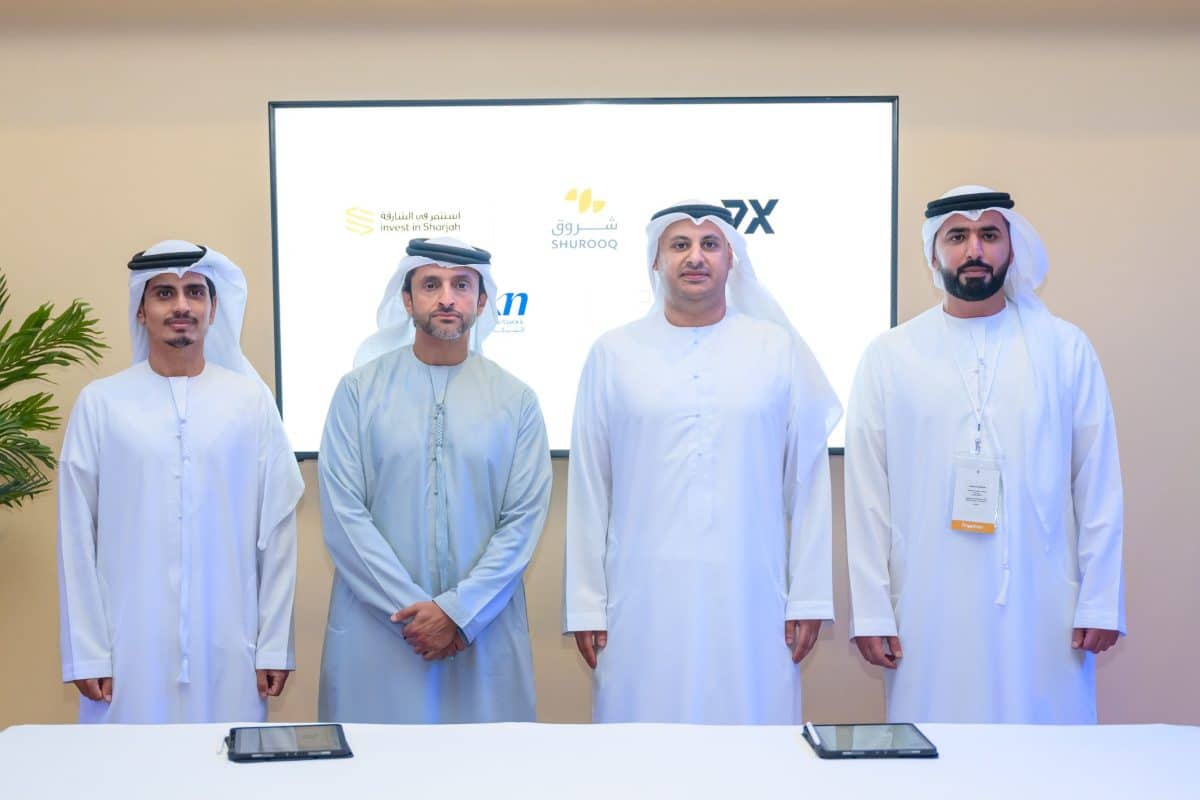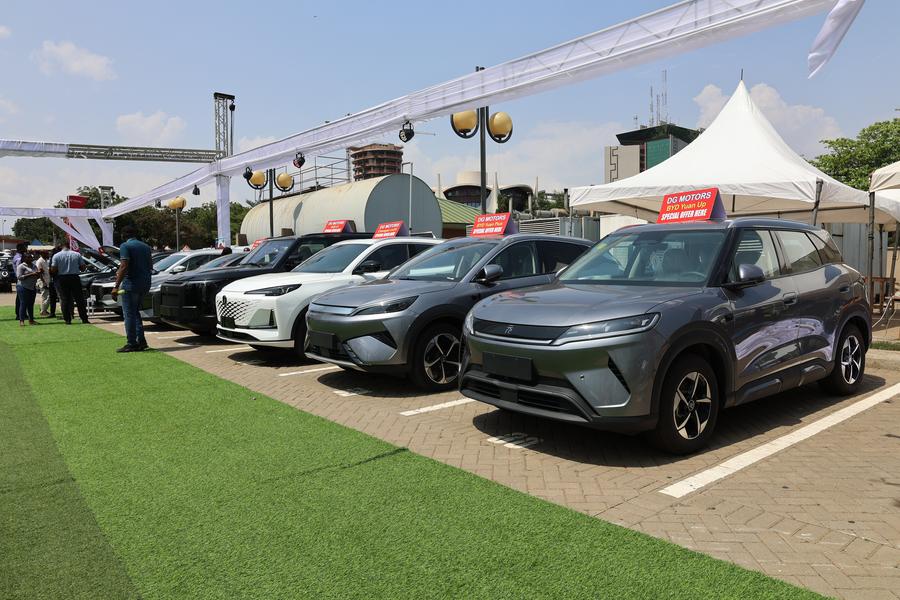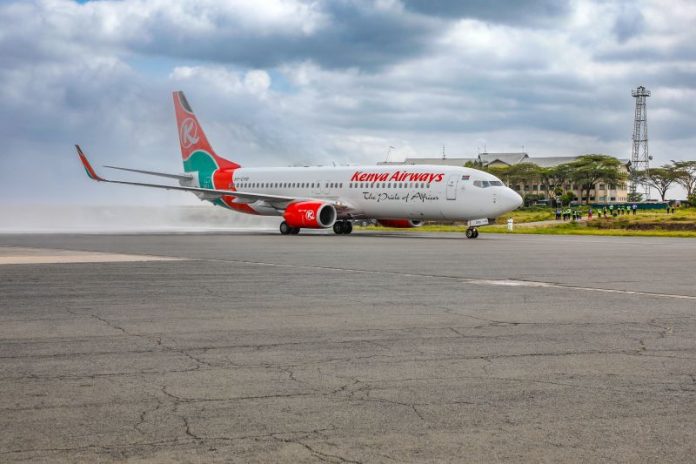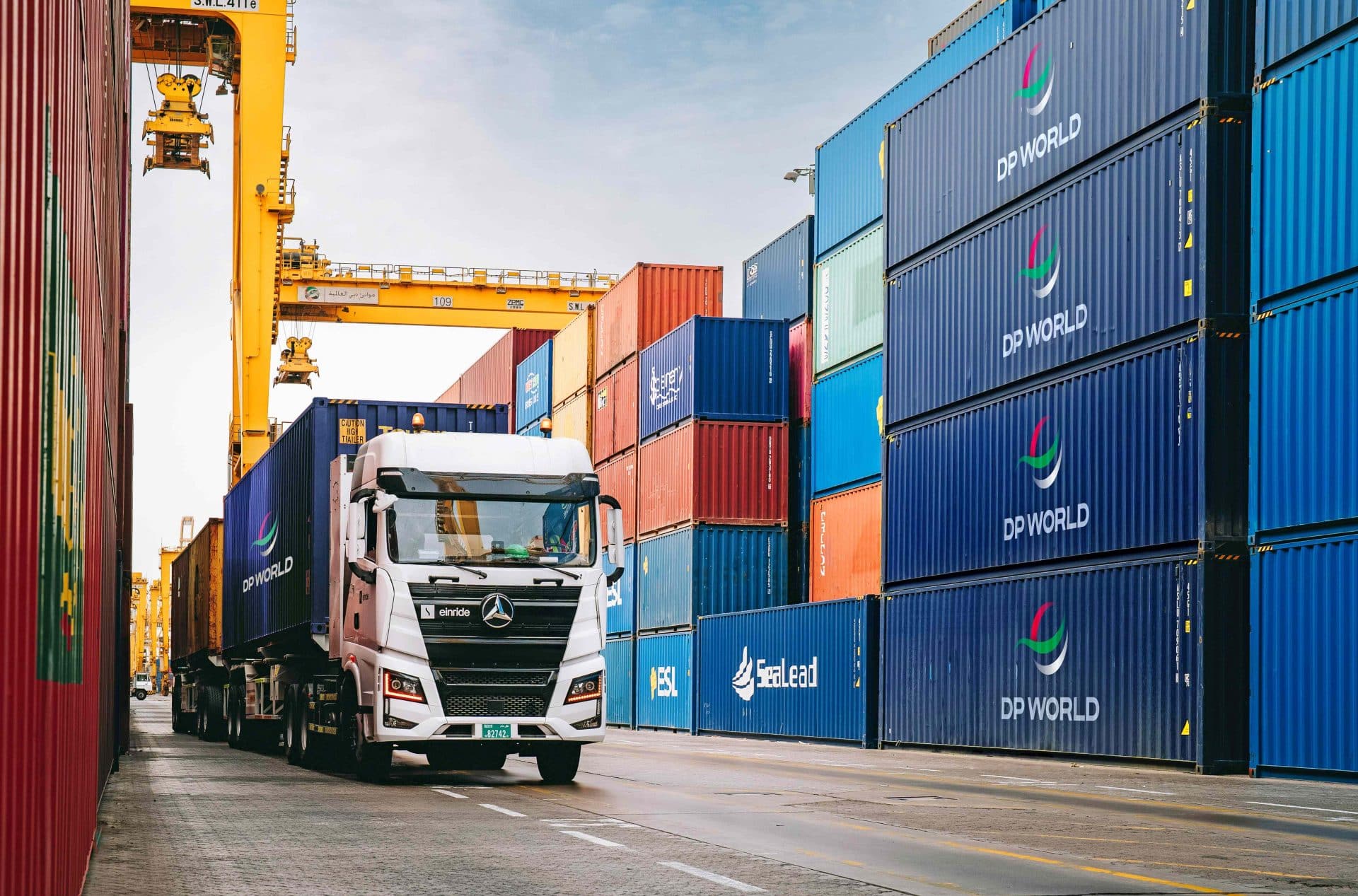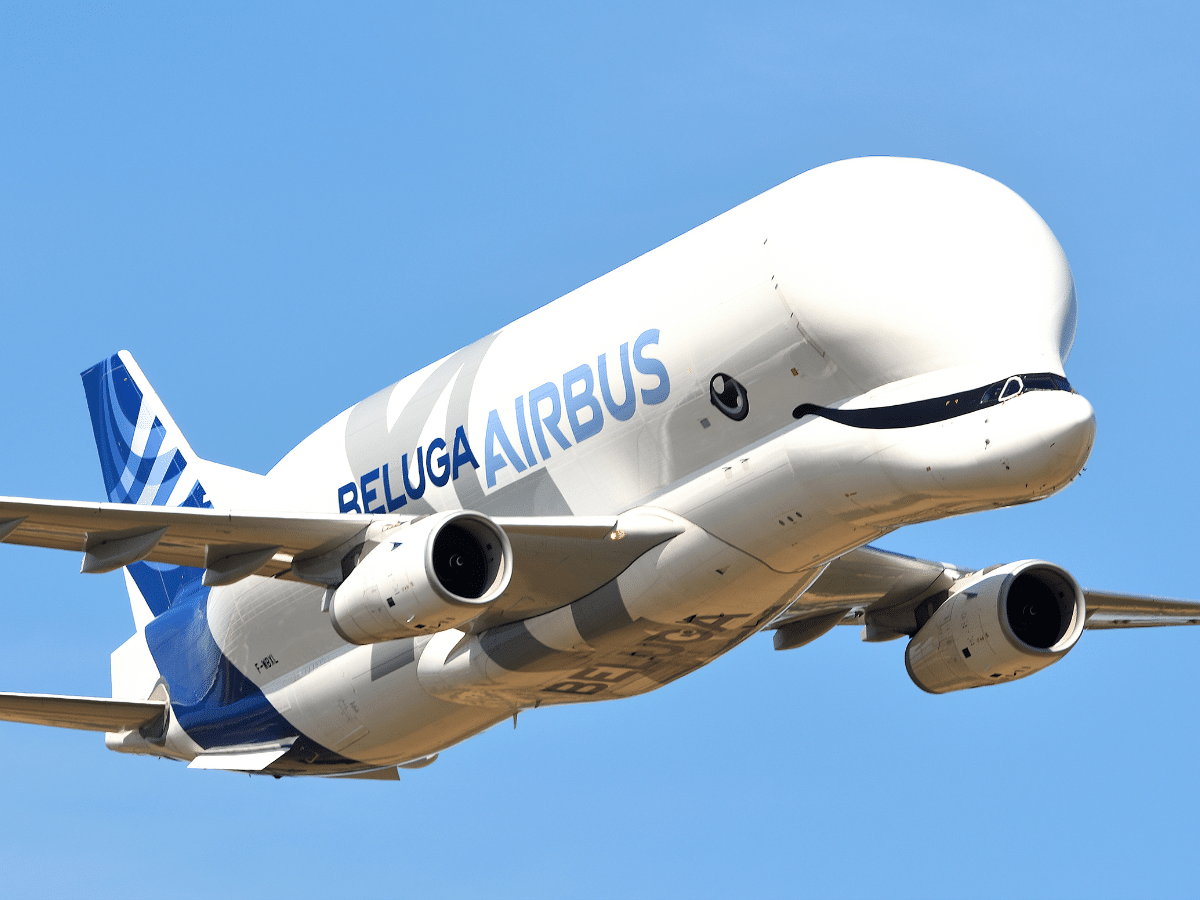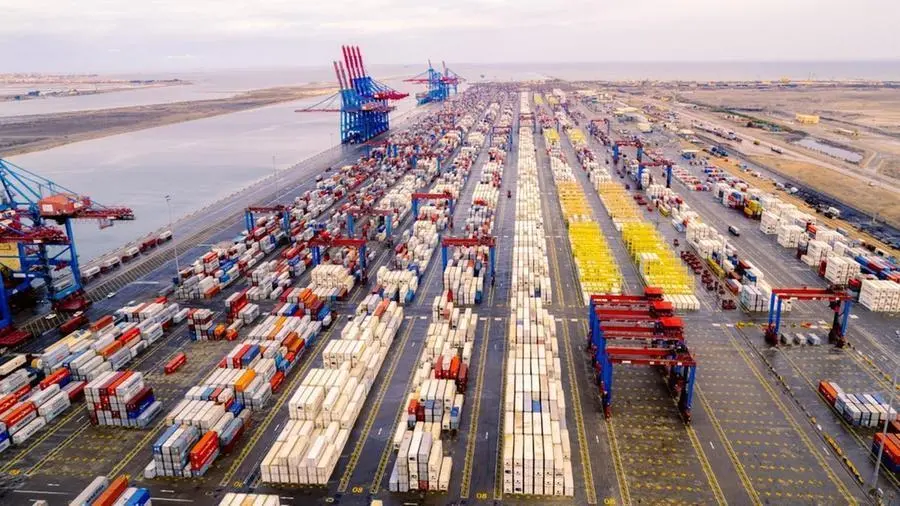Logistic Other

DHL GIBS FDI Frontier Africa's Investment Champions and the Lessons they Hold

Based on the latest FDI data, Africa is attracting significant global capital, but the landscape is highly competitive and concentrated. While a single $35 billion project in Egypt skews the total, the continent still saw a 12% growth in foreign investment, excluding that anomaly. Regional leaders are emerging by leveraging distinct strategies, offering crucial lessons for other nations.
North Africa is currently leading, with Egypt combining strategic geography with proactive policies like the "Golden Licence" to cut red tape. Morocco is outpacing rivals in the automotive sector through world-class infrastructure and a strategic focus on electric vehicles.
In West Africa, Nigeria is undergoing a painful but necessary structural correction, pivoting from oil to gas and leveraging its cultural exports like Nollywood. Meanwhile, Ghana markets itself as a stable democratic alternative, focusing on agro-processing. East Africa's standout, Ethiopia, is achieving a 20% rise in FDI by courageously liberalizing its economy, floating its currency, and opening key sectors to foreign investment.
Southern Africa's story is one of resilience. South Africa is turning crises in energy and logistics into opportunities for private investment, while Mozambique is seeing a 42% FDI surge by capitalizing on its vast natural gas reserves, pending sustained security.
Analysis of these successful cases reveals a consistent formula: they develop big, credible projects, ensure policy clarity, invest in critical logistics and connectivity, and, most importantly, prioritize value-adding "productive FDI" over simple resource extraction. The challenge for all African nations is to attract capital that builds local capability and creates durable economic benefits.



